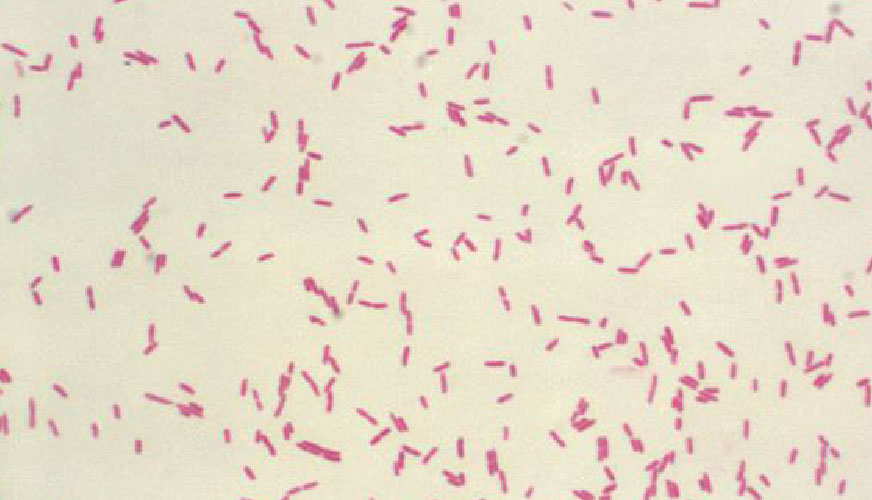
The bacterium Stenotrophomonas maltophilia is an opportunistic nosocomial pathogen that can cause severe infections in immunocompromised patients. A key feature of this bacterium is its ability to form a biofilm on virtually any surface, giving them increased resistance to antimicrobial drugs. To better study biofilms, the use of fluorescently labeled bacterial cells has proven essential.
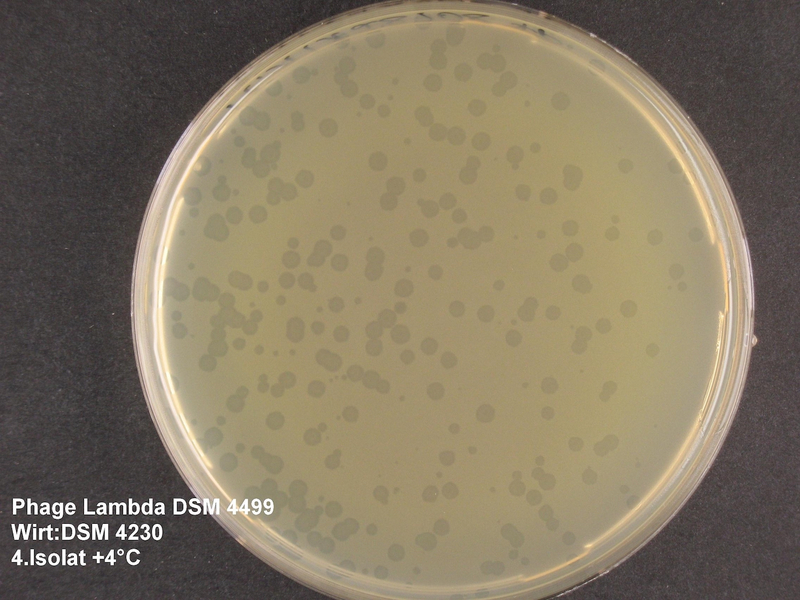
Press release of the German Collection of Microorganisms and Cell Cultures GmbH (DSMZ) from February, 27, 2023
Das Leibniz-Institut DSMZ-Deutsche Sammlung von Mikroorganismen und Zellkulturen GmbH führt am 6. Juni 2023 ein Journalistenseminar „Phagen: Wer nicht PHAGT, der nicht gewinnt!“ durch.
Multiresistente Bakterien sind eine stille, aber tödliche Gefahr für die Menschheit. Diese „leise Pandemie“ beschreibt die WHO als eine globale Bedrohung für die Gesundheit und die Entwicklung. Ein sektorübergreifendes Handeln ist dringend erforderlich. Multiresistente Bakterien töten jährlich global mindestens 1,2 Millionen Menschen. In Deutschland kommt es pro Jahr zu 400.000 bis 600.00 nosokomiale Infektionen und daran versterben zwischen 10.000 bis 20.000 Menschen. Vor diesem Hintergrund kommt dem zielgerichteten Antibiotika-Einsatz und der Erforschung und Etablierung neuer Therapiekonzepte große Bedeutung zu. Neue Wirkstoffe sind beispielsweise Antibiotika. Eine große Bedeutung kommt wahrscheinlich auch den Bakteriophagen zu.
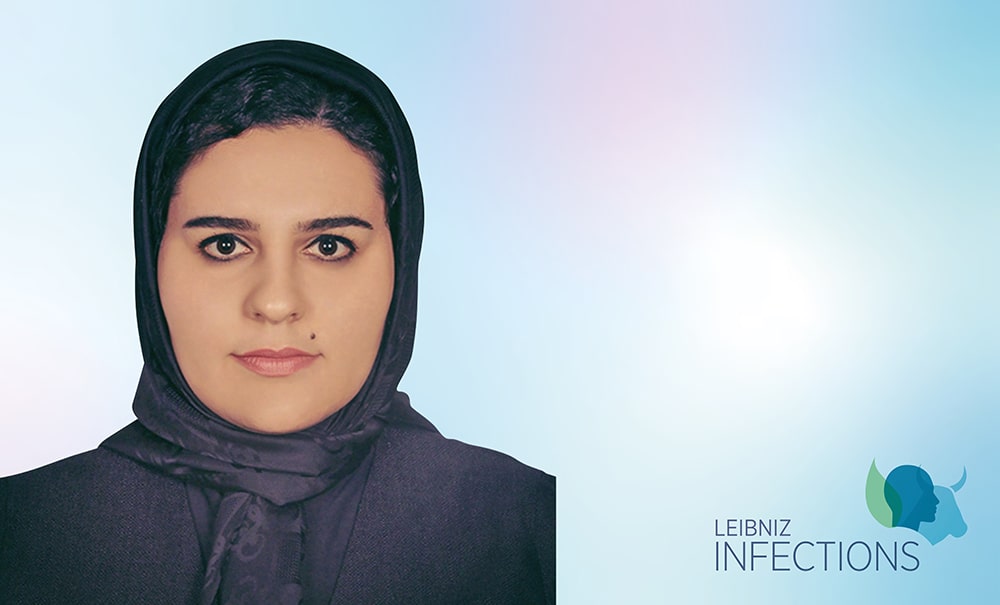
New PhD student in the associated project "Economic inequality and corruption: access to antibiotics and utilization incentives": Sahar Saeedi Moghaddam, Biostatistician from Iran.
Within the framework of her project "Economic inequality and corruption: access to antibiotics and utilization incentives", Sahar uses biostatistical methods to see whether there is a significant relationship between the occurrence of corruption and the spread of AMR in low- and middle-income countries (LMICs). She also plans to develop novel strategies that can be used to curb the AMR spread in countries with endemic corruption in their healthcare delivery systems – without restricting essential access to antibiotics among the poor.
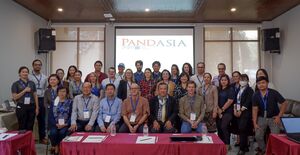
Press release of the Leibniz Institute for Zoo and Wildlife Research from February, 20, 2023
Das PANDASIA-Projekt untersucht, wie Infektionskrankheiten zwischen Tieren, Menschen und der Umwelt übertragen werden und wie potenzielle Pandemien entstehen. Die Ergebnisse werden genutzt, um die Gesundheitskompetenz verschiedener Zielgruppen in Thailand und Europa zu verbessern.
Neu auftretende Infektionskrankheiten, die durch Erreger wie Viren und Bakterien verursacht und zwischen Tier und Mensch übertragen werden, stellen eine zunehmende Bedrohung für die globale Gesundheit dar. Diese sogenannten Zoonosen treten vor allem dort auf, wo Wildtiere und Menschen regelmäßig in Kontakt kommen. Aufgrund hoher Artenvielfalt, Bevölkerungsdichte und Mobilität der Menschen gilt Südostasien als Hotspot für das Auftreten neuer Zoonosen und Pandemien. Der Klimawandel und der Biodiversitätsverlust erhöhen das Risiko neuer Pandemien. Das von der EU finanzierte, transdisziplinäre wissenschaftliche Projekt „PANDASIA“ untersucht potenzielle Risiken für neue Pandemien in Thailand und entwickelt Präventivmaßnahmen. Die Ergebnisse werden genutzt, um die Gesundheitskompetenz verschiedener Zielgruppen und Gemeinschaften zu verbessern.
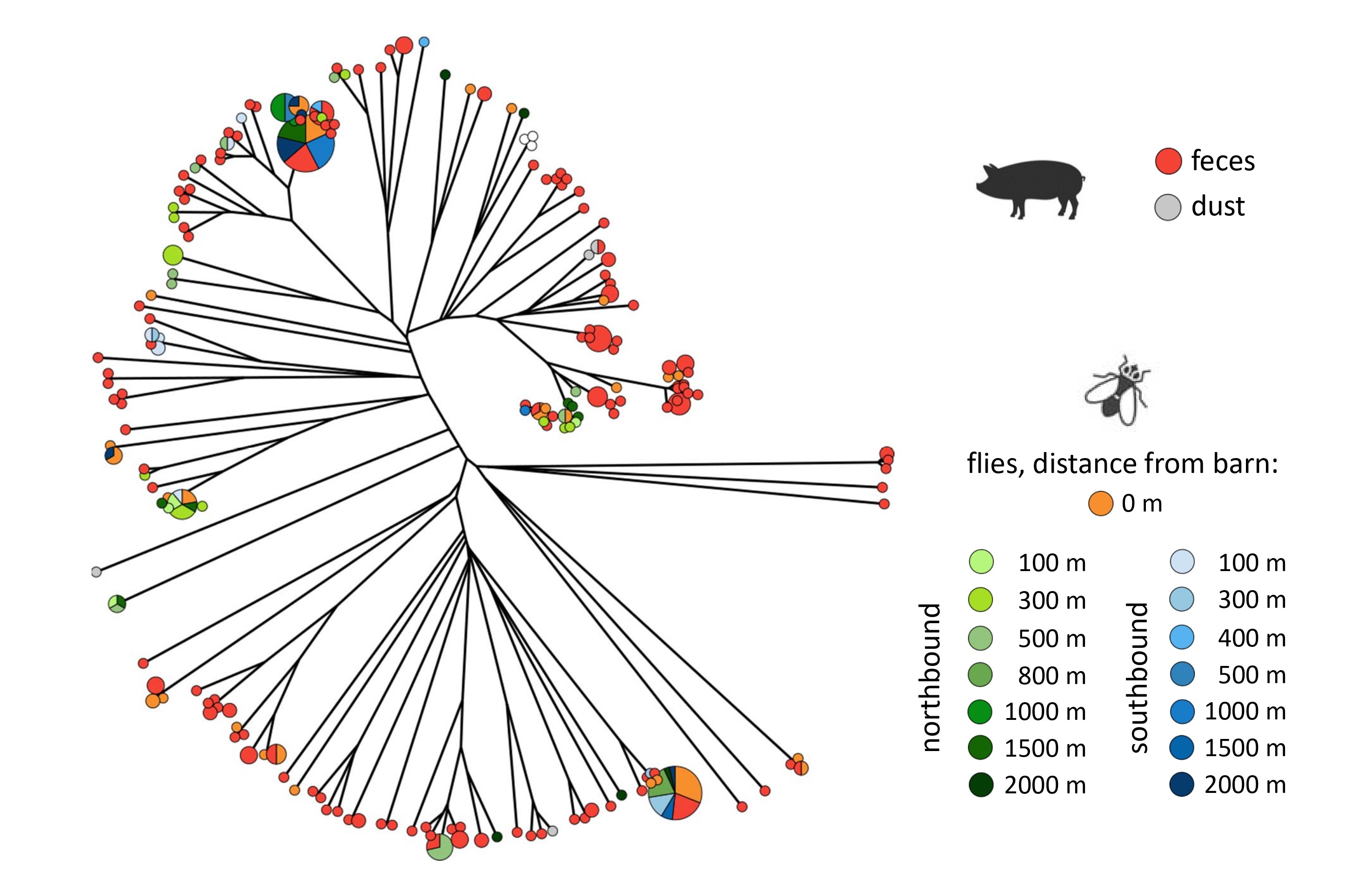
By using bacterial whole genome sequencing, scientists from the Leibniz Research Alliance INFECTIONS showed that contaminated houseflies (Musca domestica) carried antimicrobial-resistant bacteria from agriculture farms into urban habitation areas.
As part of their research, the team examined a pig farm in Brandenburg, Germany, and its surrounding area for the presence of antimicrobial-resistant bacteria of the genus Escherischia coli (E. coli). This enterobacterium can cause severe urinary tract and intestinal infections in humans that can lead to death.
The results of bacterial genomic analysis could show that a large number of E. coli bacteria showed resistance in the samples and that contaminated houseflies carried these bacteria from the farm over distances of at least 2 km to urban residential areas. The observed proximity of contaminated flies to human households poses a risk of transmission of antimicrobial-resistant enteric pathogens from livestock to humans.
Scientists from the DSMZ - German Collection of Microorganisms and Cell Cultures-, the Leibniz Centre for Agricultural Landscape Research (ZALF) e. V and the Leibniz Institute for Agricultural Engineering and Bioeconomics (ATB) were involved in this work. The results have now been published in the current issue of the journal Environmental Microbiology.
Publication:
Behrens W.*, Kolte B.*, Junker V.*, Frentrup M., Dolsdorf C., Börger M., Jaleta M., Kabelitz T., Amon T., Werner D., Nübel U. (2023) Bacterial genome sequencing tracks the housefly-associated dispersal of fluoroquinolone- and cephalosporin-resistant Escherichia coli from a pig farm. Environmental Microbiology. In press. *equal contribution. PMID: 36772962. https://doi.org/10.1111/1462-2920.16352